Saving... Please wait..!
Methane Mitigation Technologies and Their Role in Reaching Global Climate Targets - Global Energy Show
Leveraging Methane Mitigation Technologies to Reach Climate Targets by 2050
To meet climate targets by 2050, businesses need to invest in strategic initiatives to reduce methane emissions. One of the ways they can do this is by taking advantage of advanced technologies to reduce the effects of methane, fossil fuels, carbon dioxide and other emissions that contribute to climate change.
Methane Emissions Leadership Alliance (MELA) is an organization committed to measuring, monitoring and reducing methane emissions. Their primary goal is to help reduce global methane emissions, especially in oil and gas production.
MELA's Executive Director, Jackson Hegland, sat down with Rachel Gregory, Digital Host at The Global Energy Show, to discuss how his company supports the objectives of governments and various industries for methane mitigation.
Global Energy Show Series - Utilizing Methane Technologies for Climate Targets by 2050
The Goals of Methane Emissions Leadership Alliance
Rachel: Jackson, what can you tell us about the Methane Emissions Leadership Alliance and the goals you are trying to achieve?
Jackson: Methane Emissions Leadership Alliance is an industry association of about 40 solution providers. Our goal is to support governments and industries in their objectives for methane mitigation.
When industries are looking for solutions to reduce or manage their methane emissions, we hope that they come to us as a primary resource. When the government is looking for field data, understanding the R and D focus areas, and looking at program development for potential funding opportunities, we look to support throughout that process.
How Companies Can Adjust to Methane Mitigation in The Coming Years
Rachel: In the next 10 years, what would you like to see provincially and federally regarding methane mitigation? And what do you think other countries could adopt to reach global climate targets?
Jackson: We'd like to see continued uptake of readily available technologies and solutions that exist right now, continued focus on R & D (research and development) and bringing emerging technologies to market with the ultimate objective of minimizing the cost to implement these solutions. This requires everybody in the ecosystem to be a part of the dialogue and the solution.
We all want to achieve emission reductions to reach the country's goals and support the global movement toward a lower-carbon economy. But, we want to do it in a pragmatic economic manner because we want to continue to support the growth of the oil and gas industry here in Canada. We've got such a wonderful clean asset.
How Advanced Technologies are Helping Reduce Methane Emissions
Rachel: Your members are committed to reducing methane emissions. So with that, you must see some incredible technologies and innovations from some of these companies. What kind of things are you seeing from your members that are working towards these goals?
Jackson: The types of technologies and solutions that are emerging are really exciting. You're seeing software programs being developed, managing the data much more creatively and allowing for better decision-making.
We're seeing a lot of work done in remote sensing, but even then, when you look at some of the more conventional equipment that's on-site and how there are lower-emitting solutions, there are a lot of alternatives coming through.
What is really neat is seeing what the regulatory environment and the supporting mechanisms are doing to innovation. You've got folks that may have innovated on technology 10 years ago, that they're innovating again now and pivoting their business into clean energy technology.
How Countries Contribute to Global Methane Emissions
Rachel: How does Canada's regulatory environment differ from other countries? Would you say Canada is a leader in the regulatory landscape?
Jackson: We've been very fortunate to have the opportunity sort of, pre-COVID, of course, to travel around and speak to some of the other folks in jurisdictions like Europe and the Middle East and the US in particular.
I think what's unique about Canada's regulatory landscape is it's very diverse. We have regulations around combustion and flaring, and that does directly influence the methane regulations as well. We've had governments step up to the plate with funding repair programs. We are very lucky that we're far along with the regulatory and supporting mechanism path where these other jurisdictions are starting to look at us.
How Canadian Companies Can Work Together in Reducing Methane Emissions
Rachel: At the Global Energy Show, we bring industry experts from all sources to open the dialogue for meaningful discussions. In your opinion, how can these industries work together to help Canada achieve its sustainability targets?
Jackson: We're certainly very hopeful that it continues to grow. Rather than having to staff up or gain new expertise within one organization, strategic partnerships can bring the best of both worlds together. I think those types of solutions will move the dial domestically and internationally.
Learn More About How Organizations Like MELA Can Assist With Your Company’s Global Methane Assessment
In order to reach climate targets by 2050, companies must begin to mitigate methane emissions. MELA is a great example of an industry-leading organization that will be instrumental in helping the world hit climate targets by supporting businesses in cutting methane emissions.
If you're interested in learning more about mitigating methane emissions and global warming from the people actively changing the game in North America's energy industry, register for the next Global Energy Show today.
Methane Mitigation Technologies and Their Role in Reaching Global Climate Targets - Global Energy Show
Beware of email scams
DMG Events has been informed from several exhibitors are receiving scam emails . Please be aware these offers are fraudulent. These scammers do not have any relationship with DMG Events.In accordance with GDPR, CASL and other jurisdictional data privacy regulations, DMG Events will never sell your data to any third party organisations. Please see our Privacy Policy for more information regarding how DMG Events will process and store your information.





